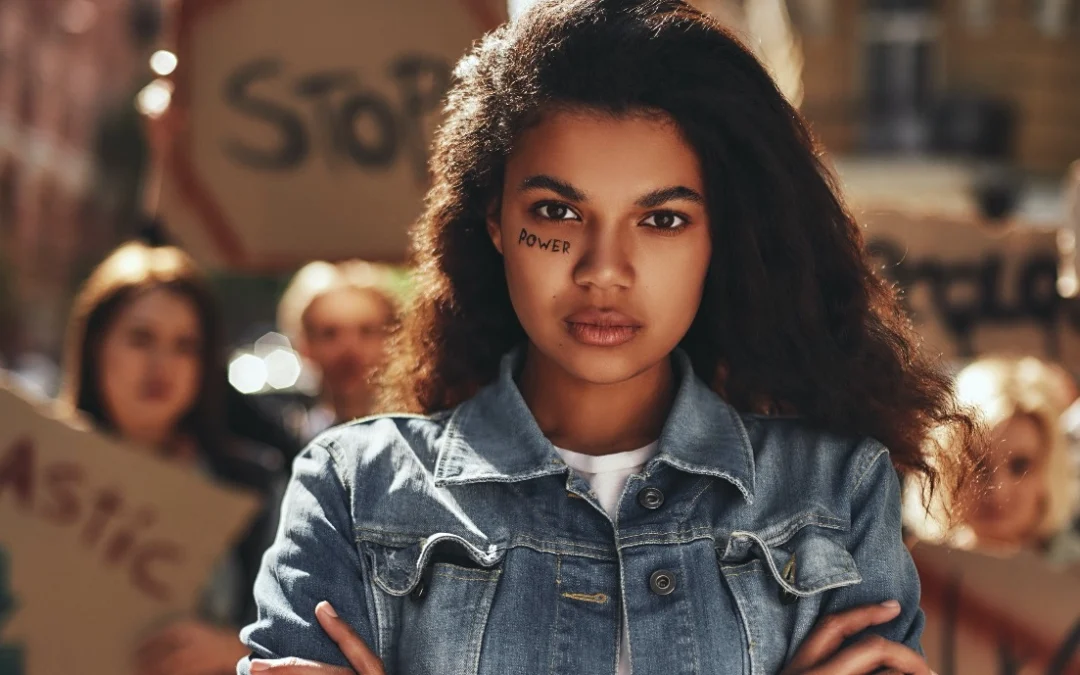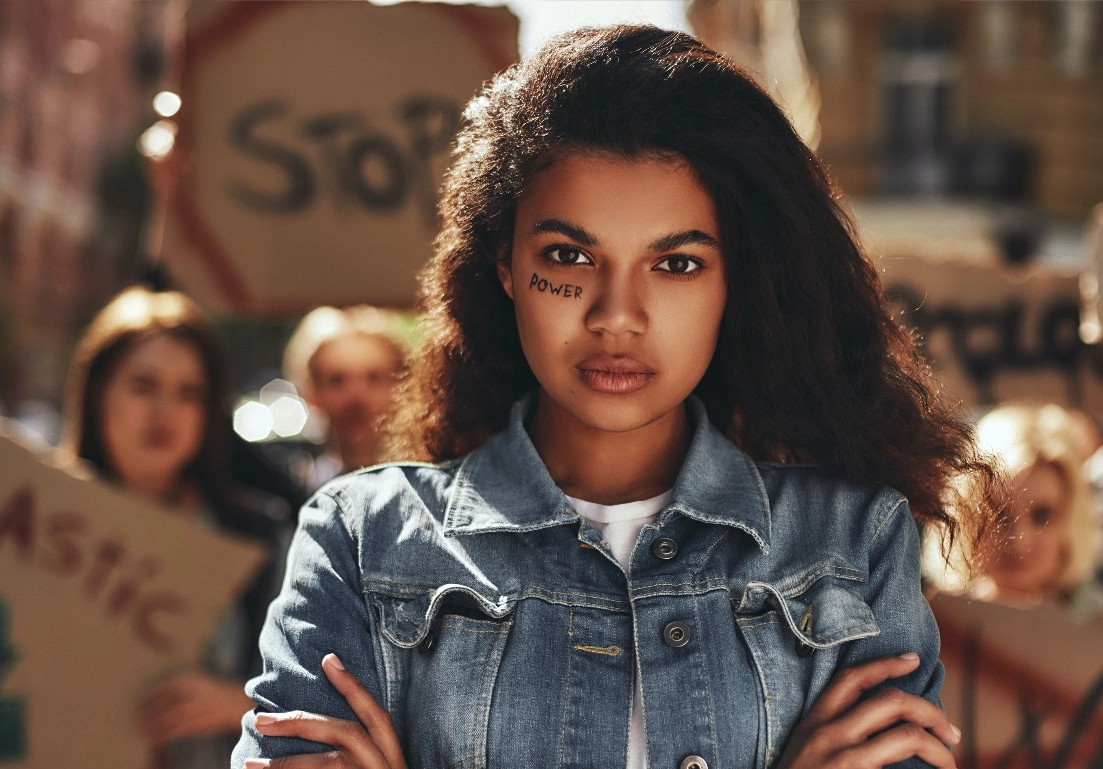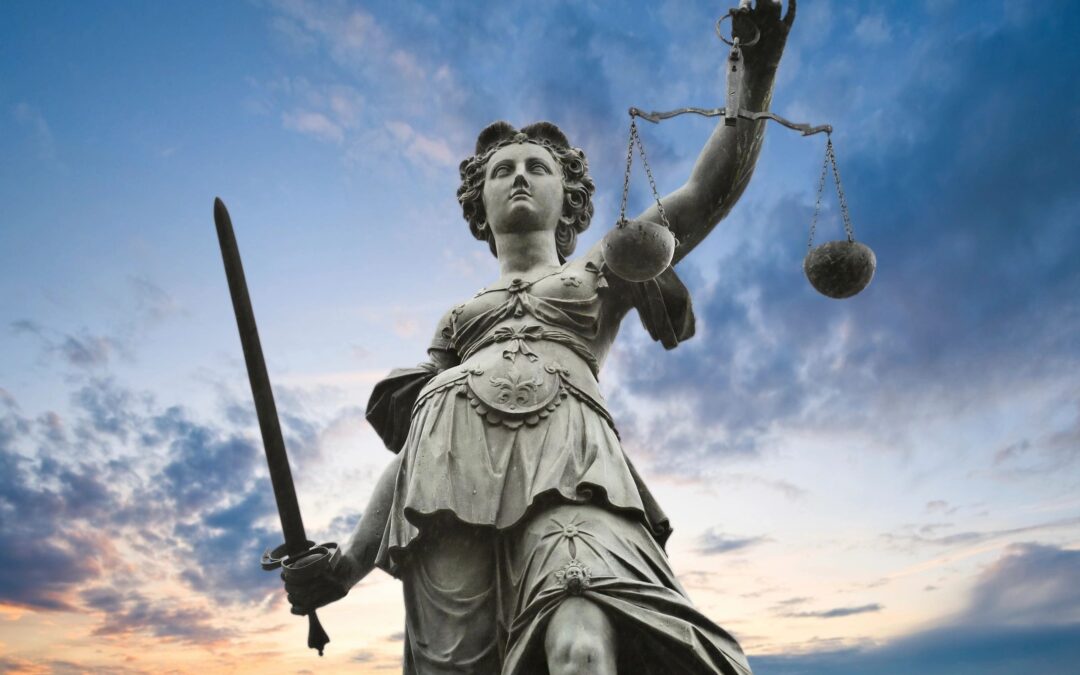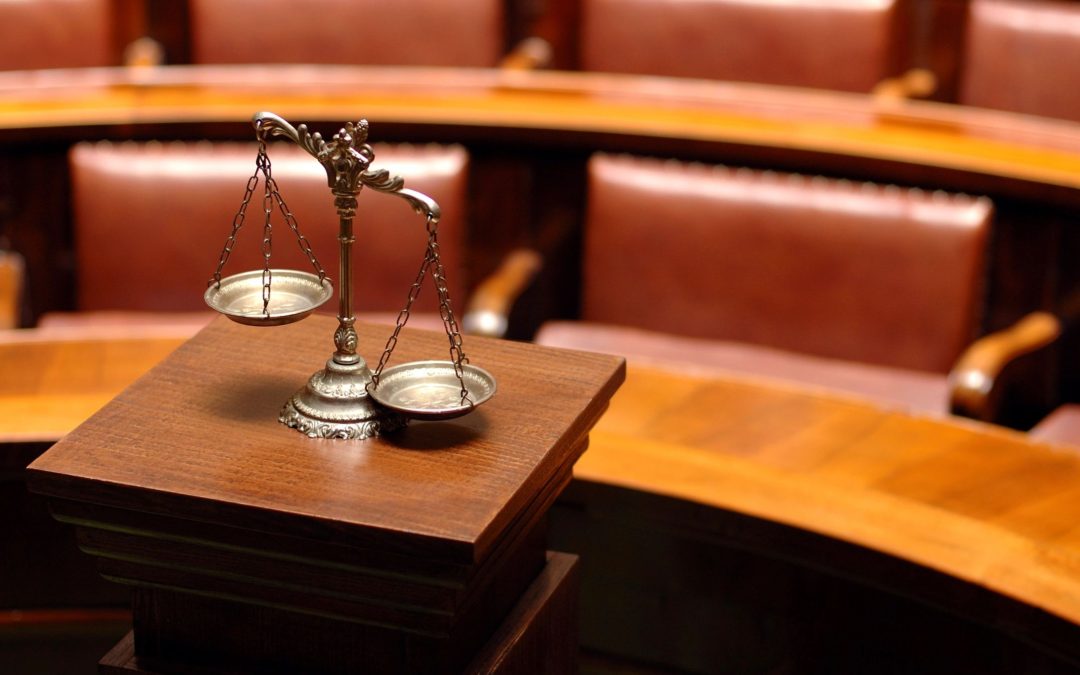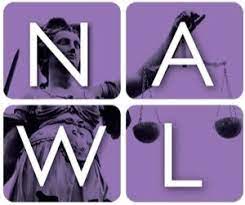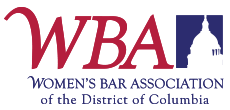Organizations of Women Lawyers Defend Women’s Constitutional Abortion Rights in Joint Amicus Brief Submitted to U.S. Supreme Court in Dobbs v. Jackson Women’s Health
Contacts:
Elaine Metlin, Women Lawyers On Guard, [email protected]
Karen M. Richardson, National Association of Women Lawyers, [email protected]
Carol Montoya, Women’s Bar Association of the District of Columbia, [email protected]
September 20, 2021 — More than 30 organizations of women lawyers and future legal professionals, led by three notable U.S. organizations of women lawyers, submitted an amicus brief in support of respondents in the U.S. Supreme Court case of Dobbs v. Jackson Women’s Health, which could overturn Roe v. Wade and the almost 50 years of constitutional jurisprudence guaranteeing reproductive freedom to women.
Led by Women Lawyers On Guard, National Association of Women Lawyers and the Women’s Bar Association of the District of Columbia, and submitted by Willkie Farr & Gallagher LLP as counsel for amici, the brief lays out what is at stake if the Supreme Court overturns or weakens Roe. Women and their families, including women attorneys, have relied heavily on the constitutional guarantee of the ability to decide whether to have an abortion when exercising autonomy over their lives, health, families and futures. Loss of the rights guaranteed by Roe and Planned Parenthood v. Casey would decimate women lawyers’ ability to advance their careers and achieve gender parity in the legal field.
Co-leads of this brief issued this joint statement regarding the brief:
Women Lawyers On Guard Inc.: “Women Lawyers On Guard is proud to co-lead this amicus brief explaining why the Supreme Court should uphold Roe and Casey under the doctrine of stare decisis. A key factor of the stare decisis analysis is societal reliance. Women’s reliance on the reproductive rights guaranteed by Roe and Casey has forever changed society and enabled women to make great strides in the fight to achieve equality. But even with reproductive freedom, progress toward gender parity in the legal profession has been agonizingly slow. Women attorneys often pay a price for having children and many of them leave the legal profession altogether due to childcare responsibilities. This cost is largely borne by women, not men. If women lose the ability to plan their families, all of these gains will quickly be in serious jeopardy. Roe and Casey must be upheld because they were correctly decided and because we simply cannot go back to a time where women have no freedom to make intimate decisions about their own bodies and lives,” said Cory Amron, President, Women Lawyers On Guard; Elaine Metlin, Co-chair, Amicus Committee, Women Lawyers On Guard.
National Association of Women Lawyers: ”The National Association of Women Lawyers is proud to co-lead this amicus brief with more than 30 organizations of women lawyers and future legal professionals. Women’s reliance on the reproductive rights guaranteed by Roe and Casey has enabled women to make great strides in the fight to achieve equality. Without bodily autonomy, including the legal right to decide whether, when, and by what means to have the number of children they desire, women cannot be fully equal under the law or professionally. The negative consequences that would result from overturning well-established legal precedent implicate every facet of women’s lives and health,” said Karen Richardson, Executive Director of the National Association of Women Lawyers.
Women’s Bar Association of the District of Columbia: “The Women’s Bar Association of DC proudly joins this brief to support the well-established legal precedent that women have a constitutional and fundamental right to privacy, which long has included access to reproductive health care including abortions,” said Sadina Montani, Immediate Past President of the Women’s Bar Association of the District of Columbia and partner at Crowell & Moring.
Willkie Farr & Gallagher LLP, counsel for amici: “We are proud to partner with these leading organizations supporting women in the legal profession and to bring the unique perspective of women lawyers and law students to the critical issues at stake in this case,” said Heather Schneider, partner at Willkie and lead counsel on the brief.
“This case raises serious issues that significantly affect women’s constitutional rights and the advancement of women attorneys. We hope our brief sheds light on the impact of this case on women in the legal profession,” said Mia Guizzetti Hayes, counsel at Willkie and counsel of record on the brief.
The brief specifically highlights the central role that Roe’s and Casey’s constitutional right to bodily autonomy has played in the advancement of women in the law, as well as the steep hurdles still faced by female lawyers generally—and especially female lawyers of color and those with children—that will only become harder to surmount if that right were revoked or weakened. While it is true that there are many more women lawyers and judges today than there were when Roe and Casey were decided, there is still discrimination against women—especially mothers and women of color—in the legal profession. For example:
- Women represent less than ¼ of law firm equity partners, despite representing 40% of associate ranks.
- Women of color in particular represent only 15% of law firm associates and fewer than 4% of law firm partners.
- 54% of women in the law are fully in charge of arranging childcare as compared to just 1% of men, and 32% of women in the law are responsible for leaving work early for childcare as compared to just 4% of men.
- Women are also likely to be passed over for certain projects after returning from maternity leave because of assumptions about their need to participate in childcare.
- Women, especially women of color, report being treated particularly badly after having had children, reporting being passed up for promotions and given low-quality assignments; being demoted, paid less, and treated unfairly for working part-time; and other disparate treatment stemming from the misperception that women lawyers who are parents have chosen the “mommy track.”
- These transgressions are felt more deeply since COVID-19 began. Women are working more hours from home than men and are less likely to use third-party day care services. About half of women with children under age 13 consider becoming part-time or leaving the legal profession altogether.
- Even without factoring in children, 70% of women of color report have left or seriously considered leaving the legal profession.
The amicus brief is also signed by nearly 30 other organizations dedicated to supporting women lawyers and law students.
Women Lawyers On Guard Inc.
Women Lawyers On Guard Inc. (WLG) is a national, non-profit organization that seeks to harness the power of lawyers and the law to preserve, protect, and defend the democratic values of equality, justice, and opportunity for all. WLG focuses on securing the equal treatment of women by challenging laws and practices that discriminate against women, including gender-based violence and harassment and attempts to curtail women’s reproductive rights. https://womenlawyersonguard.org/
National Association of Women Lawyers
The mission of the National Association of Women Lawyers is to provide leadership, a collective voice, and essential resources to advance women in the legal profession and advocate for the equality of women under the law. Since 1899, NAWL has been empowering women in the legal profession, cultivating a diverse membership dedicated to equality, mutual support, and collective success. To advance its mission, NAWL participates as amicus curiae before the United States Supreme Court and other federal courts in cases pertaining to women’s equal treatment under the law. https://www.nawl.org/
Women’s Bar Association of the District of Columbia
The Women’s Bar Association of the District of Columbia (“WBADC”) is one of the oldest women’s bar associations in the country. Since 1917, it has advocated for the advancement of women in the profession and upheld its mission to maintain the honor and integrity of the legal profession, promote the administration of justice, advance and protect the interests of women lawyers, promote their mutual improvement, and encourage a spirit of friendship. As an organization, WBADC is a catalyst for women helping women, and in support of its mission, it participates as amicus curiae before the Supreme Court of the United States and other courts throughout the nation to advocate for women in the legal profession and women’s rights more broadly. https://wbadc.org/
Willkie Farr & Gallagher LLP
Willkie Farr & Gallagher LLP is an international law firm of approximately 1,000 attorneys with offices in Brussels, Chicago, Frankfurt, Houston, London, Los Angeles, Milan, New York, Palo Alto, Paris, Rome, San Francisco and Washington. The Firm is headquartered in New York City at 787 Seventh Avenue. https://www.willkie.com/
